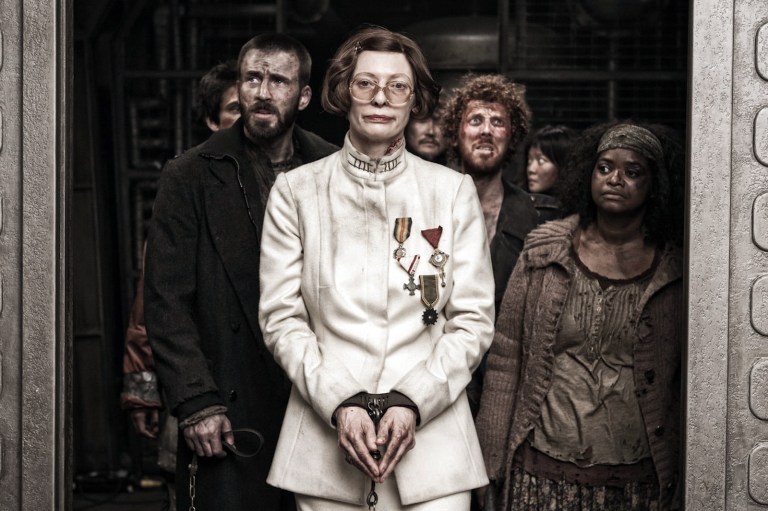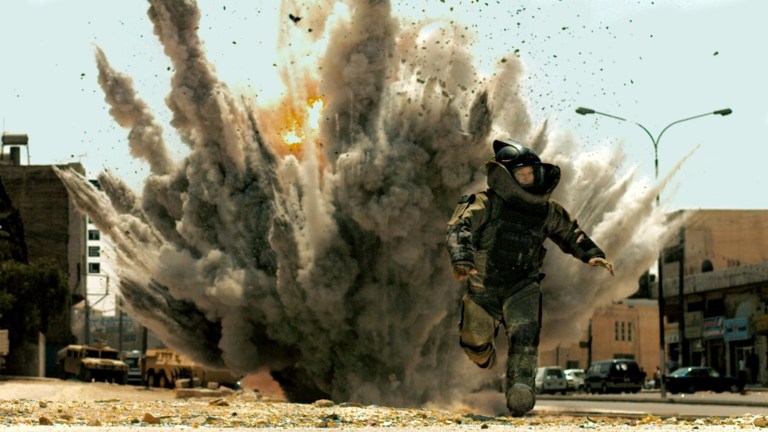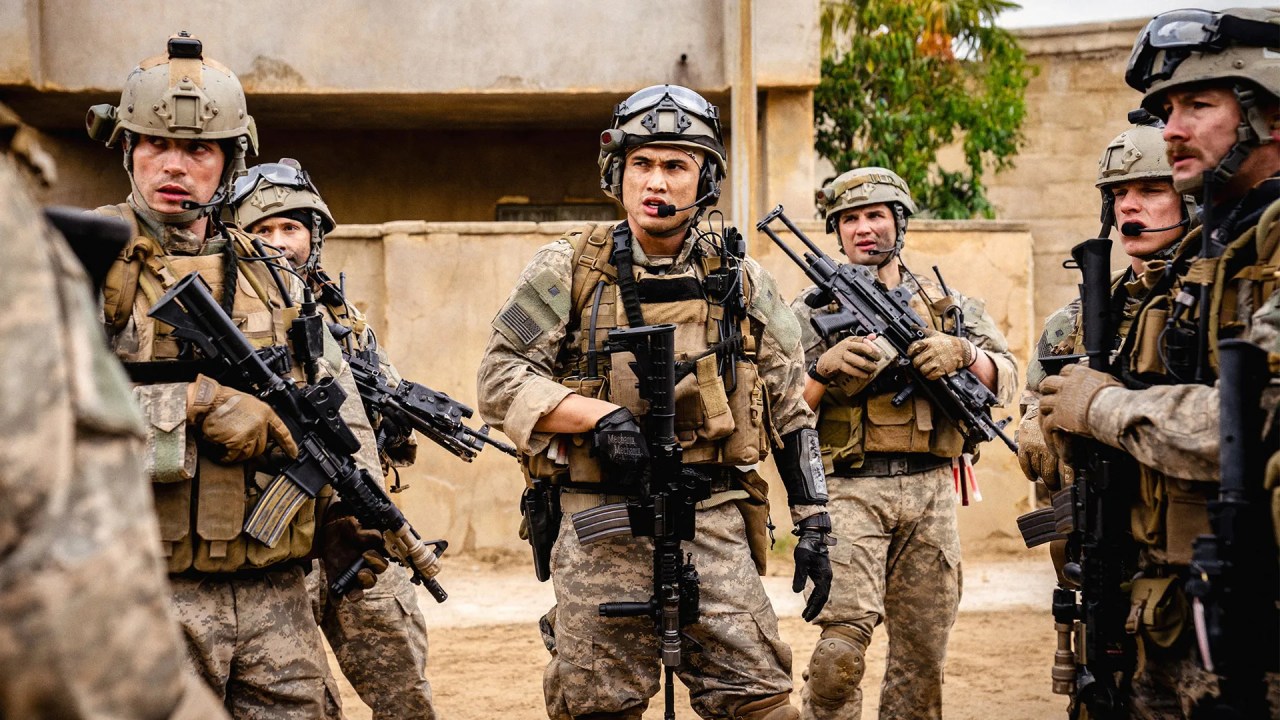
I Was Shocked To Discover ‘Warfare’ Is Being Called ‘Pro-War’ Propaganda — But It Actually Makes Sense
Warfare is a new A24 action movie that depicts a troubled Navy SEAL operation in Iraq in real time. The film has been widely criticized as pro-war propaganda while also praised for its technical finesse. Nearly every review on Letterboxd mentions disappointment in A24 for releasing this movie.
I avoided reviews before I saw Warfare and I enjoyed it as much as I’ve enjoyed other war movies like Saving Private Ryan, Apocalypse Now and The Zone of Interest. After I left the theater, I was shocked to discover Warfare was viewed as pro-war propaganda because while I enjoyed it as an action movie, my takeaways were overwhelmingly negative about war.
While watching Warfare, I was thinking about my favorite war movie, Born on the Fourth of July (which is also based on a real soldier’s experience), because I couldn’t stop thinking about the effects this mission would have on the boys long after they left the military and how our government would not care for them in the way they deserved. I also thought that this must be why gender roles are so important to conservatives. Without the concept of masculinity, how would they convince young boys to voluntarily endure the horrors of war? Especially this particular war that was fought not for freedom but for… oil. So, how is Warfare a pro-war movie?
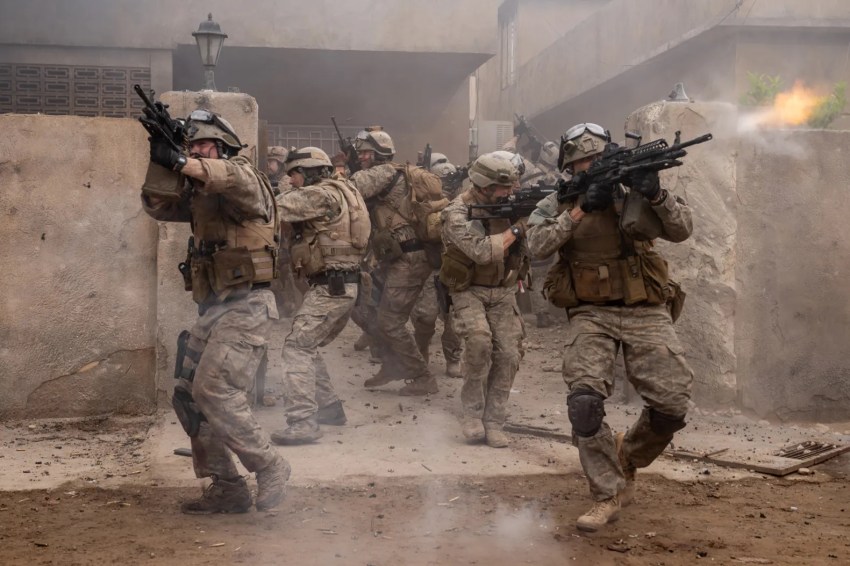
First, what is the plot of Warfare about? Warfare follows a Navy SEAL team and two Arab translators taking over a building where two Iraqi families live. The families are awoken at gunpoint and held there for the duration of the film while the SEALs surveil a marketplace. The families’ homes are destroyed when insurgents attack the SEALs and one soldier is minorly injured.
Things get much worse when the team tries to evacuate the injured person and encounter an IED (improvised explosive device) which kills one of the translators and severely injures two of the SEALs. At this point, the team is in a very serious position where rescue is not imminent and they are trapped in a building being surrounded and attacked by insurgents.
According to co-writer/director Ray Mendoza (who was a member of the SEAL team being depicted), the film is an exercise in treating trauma. It is based on the memories of the SEALs involved and the process was cathartic for them. This is pretty cool.
This process reminded me of Cecelia Condit’s short film Possibly in Michigan, in which a woman is stalked by a man in a nonsensical format. The nonsensical world of the film reflects the nonsensical nature of memory, especially memories surrounding a traumatic event. The similarity between the two films is that the actual facts of the story are less important to depict than exploring the feelings of the memory, because that’s what is what is most powerful in the recollection of the trauma survivor. Filmmaking is a great vehicle for trauma recovery and I wish the VA would do smaller-scale filmmaking projects like this to help veterans process their trauma and heal from the damage done to their mental health by their involvement in war.
What’s so bad about Warfare? Even as a viewer who didn’t clock the pro-war aspects of the movie, there are a few obviously gross things about Warfare beyond the concept of war being bad in general. The final credits abruptly change the tone of the film from heartbreaking to “inspiring” as the real SEALs are shown (mostly with blurred faces) on set and in flashback photos next to their fictional counterparts. However, the Arab translator who died and the families who were held at gunpoint and had their homes destroyed aren’t given any kind of memoriam.
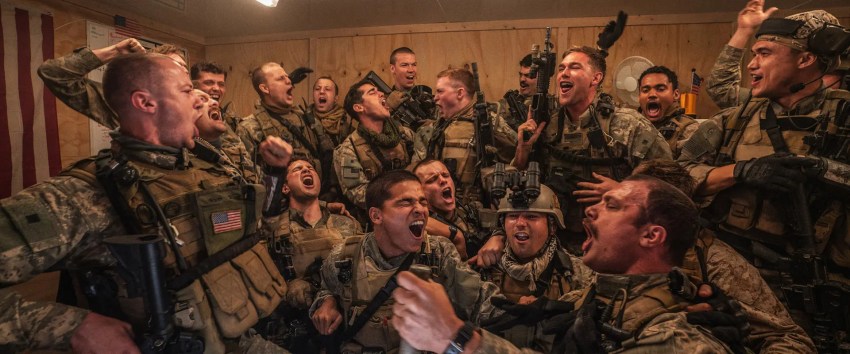
And then there’s the stuff I didn’t think about until I read reviews from others. I learned two important things from this discourse:
- The U.S. government has to approve of any major war movie. This is because these movies want to use military equipment (like the M1A2 Abrams battle tanks shown in Warfare), so they enter into a contractual agreement by which the Department of Defense can call for revisions if something is too critical of the U.S. military. This means that a big budget movie that is explicitly anti-war war is unlikely to get made.
- Even if a war movie depicts war as something that costs soldiers their life, limbs and mental health, enlistment increases after it is released. As an educated, middle-aged woman familiar with the long-term health effects of the actions depicted in the movie (everything from inhaling dust after a grenade explodes in the home to PTSD and veterans dying by suicide at 1.5x the rate of civilians) I came away with anti-war sentiment. However, for a teenage boy watching American soldiers experience brotherhood (increasingly rare in our culture) and coming together to overcome an obstacle for which they receive a hero edit (e.g. the end credits), I can see how they might leave Warfare and see joining the military as a tough but worthwhile endeavor.
I would have liked to see Warfare spend more time acknowledging the horror of this day for the families involved and how the Arab translators were treated as expendable. It’s also so relevant to today’s politics for the real men involved to have included what it was like to seek treatment for their physical and mental injuries from the VA after they left the military. With (already insufficient) veteran benefits in danger of being cut, this is an important part of the story to tell. Sure, the point of the film is that it is 90 minutes of “real warfare”, but that decision is arbitrary and isn’t exempt from criticism.
Considering these things (the end credits “hero” montage, erasure of the cost to the non-Americans involved, catering to the opinion of the Department of Defense, war movies as a de facto recruitment tool and stopping the story before the effects on the SEALs involved can be explored) I can ultimately see how Warfare is pro-war.


